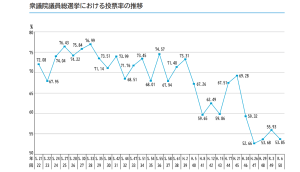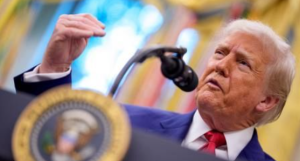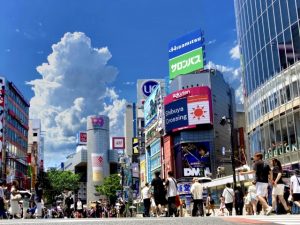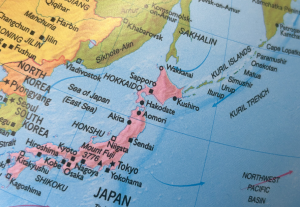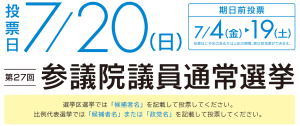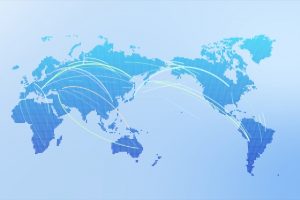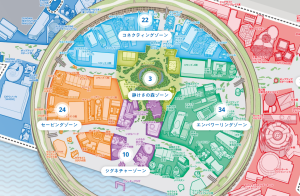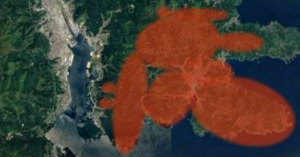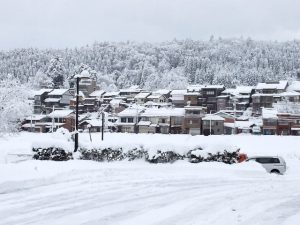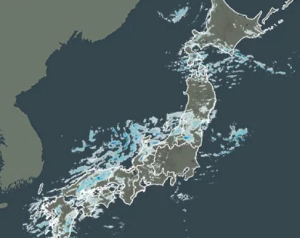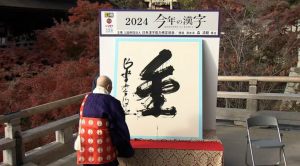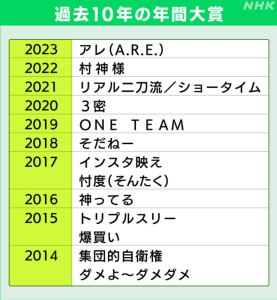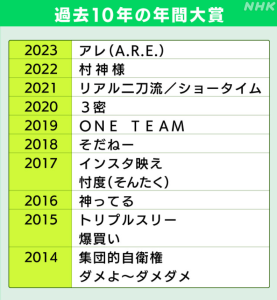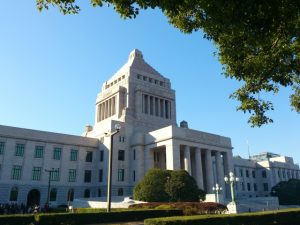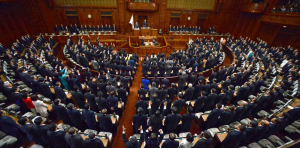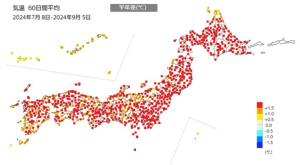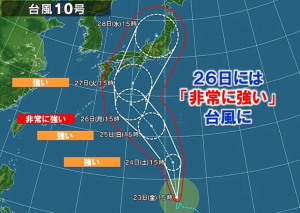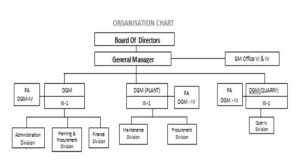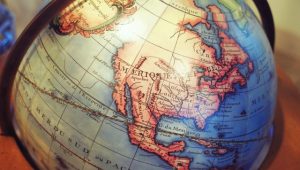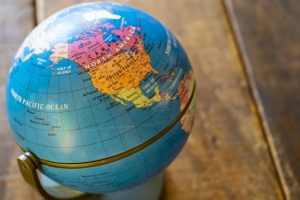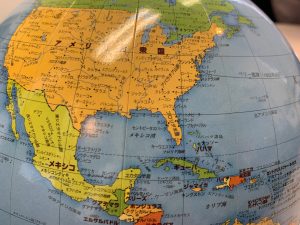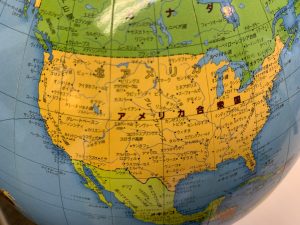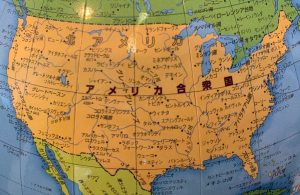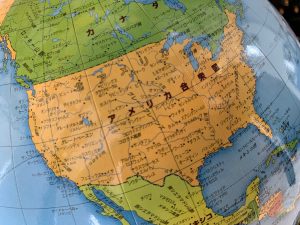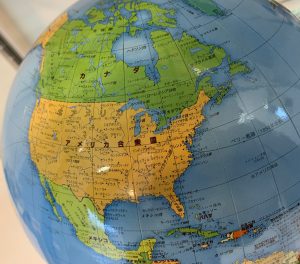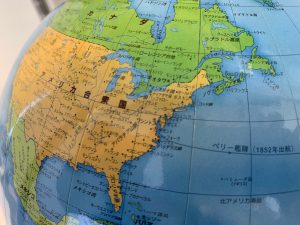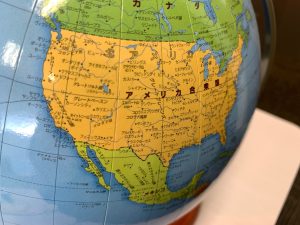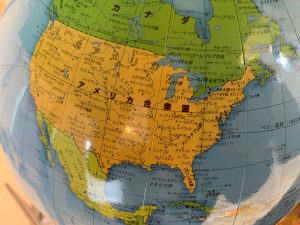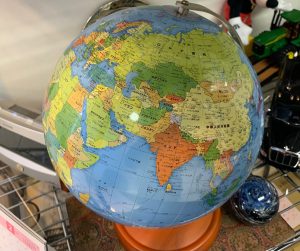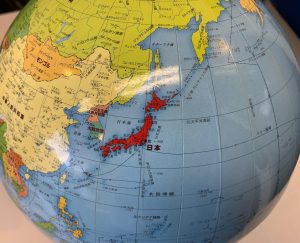Re: A news item and subject which I just want to check out (64) October 21, 2022
There were things which made me think a lot this week, too.
■The world political and economic situation which are becoming more uncertain:
The world political and economic situation have become increasingly chaotic. By looking at the world map, it is like a mosaic. Joining hands or moving apart. Each country takes an action by its own national interest and by a head of state’s creed and thought, and as a result of a lottery wheel, I have no idea what will come out. Matters of concern are as follows.
①It is up to President Putin to decide what the outcome of Russian invasion of Ukraine will be. Like the end of the Pacific War and the Vietnam War, how to end a war is more difficult than to start. Concrete countermeasures in case of Russia’s use of nuclear weapons seem to be considered by NATO.
②Fluidity of political situation in Europe is observed. Prime Minister of the United Kingdom has resigned after only 45 days in office, and in Italy the most right-leaning populist government after World WarⅡ has been born.
③Midterm elections in the United States are approaching in a month. If the Democratic Party will lose a majority of seats as expected, two years remaining in Biden Administration will become lame duck, and it will also impact on international politics. And fragmentation within the United States will become more serious.
④Increased debt burden of developing countries due to interest hike in the United States which is a measure against the inflation. Including Sri Lanka which has already made a default declaration in effect, there are 16 insolvent countries centered on Africa. This is a destabilizing factor for the financial market.
⑤China accounts for 14 % of the world’s GDP and the second in the world after the United States which accounts for 20 %. Chinese economy is under severe recession now. This background is the slump in the real estate market which has supported economic development for many years. In addition, various contradictions have arisen in the country.
Therefore, there are concerns that China will turn to be more tough externally including unification of Taiwan.
⑥The gap between rich and poor is widening in the world. Even in China where there is no disparity essentially, the richest 1% own 30% of the country’s “wealth”. Moreover, income gaps between urban and rural areas are widening and public dissatisfaction is increasing. On the other hand, in the United States, the richest 10% own 46% of the total income and 71% of the total assets. There is a report that the share of the lower ranked 60%, the poor and the middle class, own only 13 % and 2 % respectively.
Even In Japan, poverty, the haves and the have-nots, is becoming more serious.
■Drifting politics in Japan:
Politics in Japan are also drifting. For instance, the aim of “my number system” started 6 years ago, is productivity improvement by improving efficiency and speedup of government. This is the biggest administrative reform. Even the United States which is picky about privacy introduced digitalization, in other words, social security number, 86 years ago and all citizens and all residents in the United States are given a nine-digit number. Without this number, everyone can’t make a living. In Japan, the penetration rate of my number card is still about 50% over 6 years. Therefore, the provision of benefits for corona response took extra time and effort, too. In other areas, digitalization is delayed. Therefore, the speed of government system is different between in Japan and the United States. I don’t know where Japanese government is focusing its policy regarding the way the country ought to be. The negative side of democracy is exposed, and it is true that Japan is not on curative therapy with repeated temporary treatments by a fever reducer. I wonder if Japan which has not any resources will be able to manage by such inefficient government system from now on. In order to improve Japan’s condition, I want the politicians to do their duties with such strong conviction that the people are sometimes given bitter medicine.
■Studying abroad:
According to the Immigration Services Agency, the number of international students from abroad reached a record high about 312 thousand in May 2019, but dropped to about 242 thousand in May 2021. Japanese government reopened entrance into Japan by international students in March this year, and about 122 thousand international students have entered into Japan by the end of August. The Ministry of Education, Culture, Sports, Science, and Technology has a goal to bring international students from abroad to level before coronavirus by 2027. Japan lagged behind other countries as far as resumption of acceptance of international students is concerned, and there seemed to be that a part of international students changed their study abroad destination to another country. And unfortunately, some people say that Japan is not a country chosen by highly talented personnel from various reasons.
On the other hand, the number of Japanese college students studying abroad had been increasing before coronavirus, and reached a record high about 115 thousand in the 2018 fiscal year. But in the 2020 fiscal year when the infection increased, the number dropped to 1,487, decreased by 98.6 % compared with the 2019 fiscal year. And the number of high school students studying abroad, which reached about 47 thousand in the 2017 fiscal year, is also drastically declining. Japanese government is aiming to bring Japanese students studying abroad to 100 thousand before coronavirus crisis by 2027, through various support measures. I want young Japanese people to deepen exchanges with overseas countries from a young age, even if they borrow money.
≪P.S.≫ Time flies so fast, it is late October now, and it has become more and more like fall. Along with that, until the other day I said that it was “hot”, but now I felt the chill saying that it was “cold”. The changing of the seasons also affects physical condition. Please take care of yourself.



